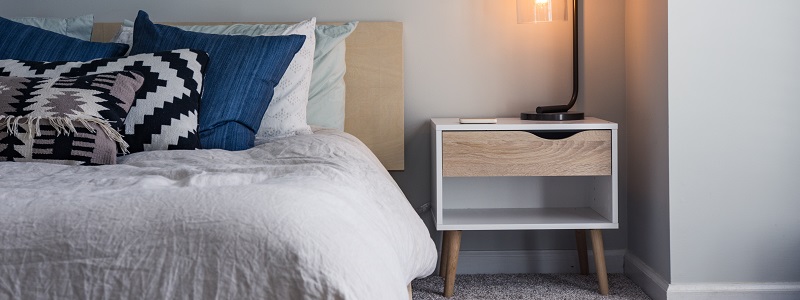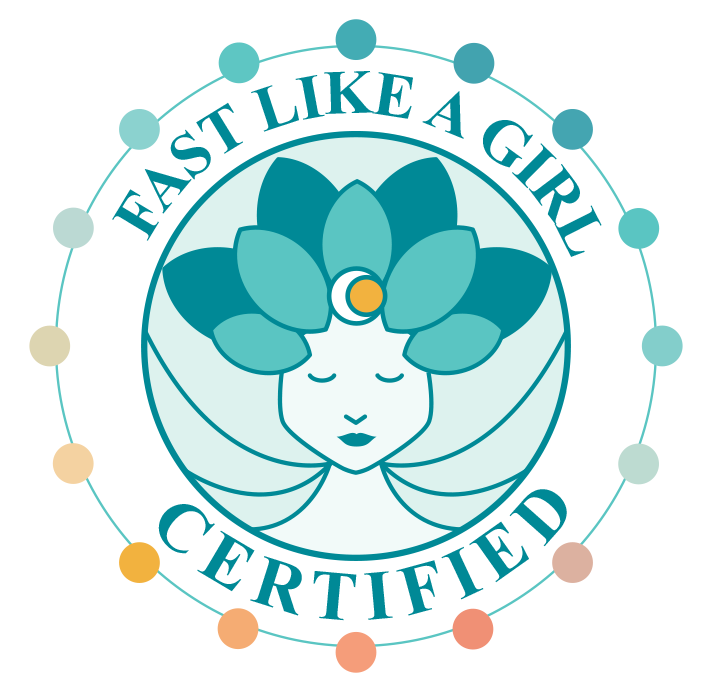When I ask my patients about exercise, some say they don’t. When I probe further, some have said that they are too busy around the house to exercise!
When I hear all the physical chores that they do, I let them know that those chores do count for active exercise!
Gyms are not the only place for exercise
Some people enjoy it, but I never saw the point in walking or cycling to nowhere in a gym for regular exercise.
I enjoy seeing Nature or the neighborhood while I am walking or cycling. Or getting something done like trimming bushes or planting in the garden outside and hanging my laundry outside or cleaning the floors inside.
Yes, even household chores count as exercise activity.
Research says so.
Any activity will fulfill the current guidelines of 30 minutes a day of heart-rate raising activity, researchers found.
The research comes from a large study. Researchers looked at over 130,000 people from 17 different countries to see how simple household chores can reverse some of the negative effects of sedentary living.
By engaging in any activity, participants reduced the risk of heart disease by 20% and the risk of death from any cause by 28%. It didn’t matter whether the activity was household chores like vacuuming or a gym workout, it was doing it daily for 30 minutes which counts.
In addition, other research shows that chores which are not so physically demanding as to raise your heart rate will benefit your mind while they move your body.
Make Your Bed
Take making your bed, for example. Just this little task, yes, the thing your mother told you to do, can make you more productive during the day as well as sleep better at night!
Taking the time to straighten the sheets and pull the bedspread over the bed is not insignificant in the minds of bestselling authors like Charles Duhigg and William H. McCraven. They write how making your bed sets you up to be more productive during the day.
Having a tidy made bed after you get up gives a dopamine surge of accomplishment that encourages more of the same during the day. Therefore, we get more done at work and during the day as a whole.
Riding that feel-good feeling, the National Sleep Foundation looked at the relationship between making your bed and sleep the next night. In a poll they conducted, they found that we have a 19% better chance of quality sleep.
I will take all the percentages I can get!
Work in Your Yard
Just getting outside in the sun and getting dirty being exposed to soil microorganisms and plants have enormous benefits to our health. We are part of nature, after all, and reconnecting does us wonders.
In addition, yard work and DIY projects have been found equal to formal exercise in a Swedish study. They call it NEPA – non-exercise physical activity.
As participants 60 years old and older pruned bushes, picked blackberries, repaired the fence, and so on, they lowered their all-cause mortality rate. In addition, NEPA correlated with markers of good health such as lower waist circumference, lower insulin, glucose and fibrinogen as well as 30% lower risk of a first heart attack.
Mood, too
In addition, gardening helps with stress, anxiety and depression. If you have been out in your garden lately, you can confirm that for yourself.
For those who like to see the studies, there are those too. A meta-analysis selectied 22 case studies of gardening effects on health.
The conclusion: “A regular dose of gardening can improve public health.”
“Indeed, the positive association with gardening was observed for a wide range of health outcomes, such as reductions in depression and anxiety symptoms, stress, mood disturbance, and BMI, as well as increases in quality of life, sense of community, physical activity levels, and cognitive function.”
In addition, a Norwegian study found that 6 hours of gardening a week could help with different forms of depression.
Not only did depression decline significantly, also improvements in mood lasted for months when they checked back later. It all hinged on how gardening got them out of their heads:
“The decline in depression severity during the intervention correlated strongly with the degree to which the participants found that it captured their attention. Therapeutic horticulture may decrease depression severity and improve perceived attentional capacity by engaging effortless attention and interrupting rumination.”
And Inside Too
You don’t have to leave the house and go to the gym to get a cardio workout.
Sweeping, mopping, and vacuuming can engage your muscles and raise your heart rate like a gym workout!
Studies show that aerobic exercise is good for heart health, blood pressure, blood sugar levels, weight loss, better sleep, and even immune health.
In the meantime, you have cleaned your house, improving your indoor environment both physically and aesthetically.
To take it to the next level, when performing this cleaning mindfully, we can benefit even more.
A study which trained participants to wash dishes mindfully found “increases in elements of positive affect (i.e., inspiration), decreases in elements of negative affect (i.e., nervousness).” They extrapolated that performing other routine chores mindfully would have the same effects.
By being present while cleaning and doing household chores mindfully, we not only get “non-exercise physical activity” which improves our health, we can decrease anxiety and increase inspiration and good feelings.
Share the Benefits
Don’t keep all these health benefits for yourself!
Research shows that sharing the chores with a partner and children have huge benefits.
Dividing housework evenly leads to a better sex life between partners. A 2016 study looked at a “male partners’ share of housework and perceived fairness of male partners’ housework contributions.”
They found “when male partners reported making a fair contribution to housework, the couple experienced more frequent sexual encounters, and each partner reported higher sexual satisfaction 1 year later.” Yaaah!
In addition, when housework is perceived as equitable, marital happiness improves.
This study found that “unfair perceptions of the division of household labor not only decrease women’s marital quality but also lead to role strain that makes them more likely to end unsatisfying marriages.” Since it is the perception of being equitable, it pays to talk about it and even help each other, if possible, before being asked.
Also, children benefit hugely from doing household chores.
Research by Marty Rossman finds “the best predictor of young adults’ success in their mid-20’s was that they participated in household tasks when they were three or four.”
They learn to give back in the household, learn responsibility and valuable life skills so they can function independently in the outside world.
More immediately, doing housework and other tasks can give them higher self-esteem, make them more responsible, and enable them to better deal with frustration and delayed gratification. All of this usually translates to better success in school as well.
Best yet, do household chores together!
The Antidote to Sedentary Living
In developed countries, 3 in 4 people don’t get enough daily activity. Are you one of those?
By setting aside 30 minutes to attend to housework or yardwork which needs to be done anyway, we can achieve a win-win situation!
I like to start with the 10 minute rule, or even the 2 minute rule.
When making a decision to start anything, it can be easier to think that you only need to do it for 2 (or 10) minutes. After that amount of time, you can decide to stop. In 2 minutes, you can simply get out the broom and mop and fill up a bucket of water.
In most cases, I don’t notice when 2 minutes are up. I find that the inertia of beginning has turned into the inertia of a moving body continuing to move, and I usually continue to completion.
Which can last the recommended 30 minutes or more.
Not only do I feel better with an uncluttered, cleaner living environment, I have moved my body in a way that makes me feel good while counting as exercise.
Now, I’m not saying that you are sedentary. You may not be. And it may depend on the day. Nevertheless, even active people can benefit by completing some chores.
Either way, ask yourself:
What chore will I attend to today which fulfills at least 30 minutes of activity?





